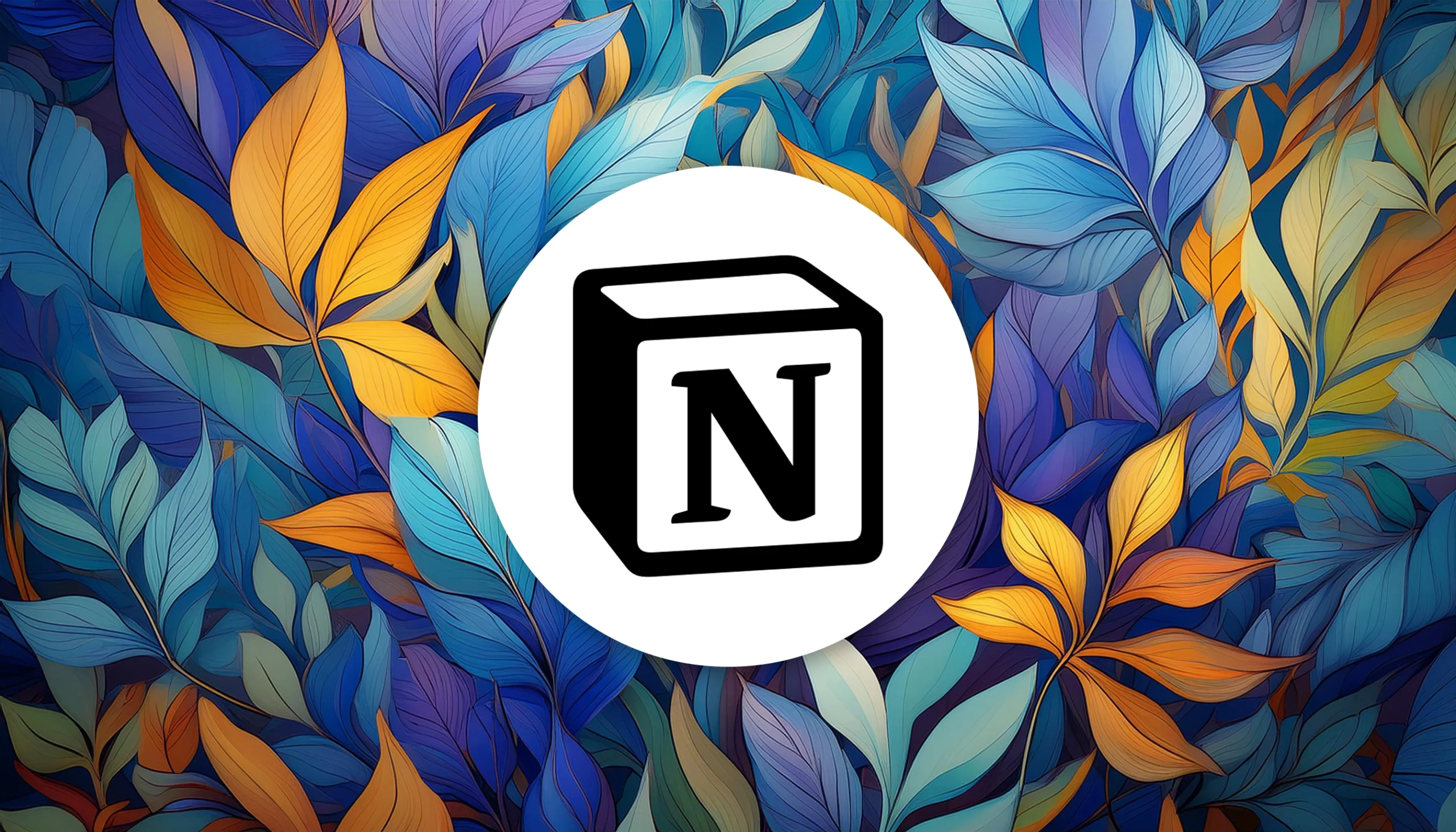Your cart is currently empty!
Blogs started as online journals but have grown into much more. They’re places where anyone can share ideas, insights, or stories, covering everything from personal experiences to professional advice.
Whether for passion, profit, or anything in between, blogs have become a staple of online expression and information sharing. This guide covers what you need to know about blogs, including their benefits and how to begin yours.
What is a Blog?
A blog is an online journal or informational website with periodic updates.
The term “blog” is short for “weblog”, which was used in the early internet days to describe a public journal.
Many individuals and businesses use blogs for various benefits, including basic expression, online traffic, and revenue streams.
Key Features of a Blog
To better define what a blog is, let’s examine some typical aspects:
- Periodic Updates: Blogs are updated regularly (?) with new content, encouraging readers to return.
- Informal Style: Most blogs are written in an informal or conversational style, which makes them more accessible.
- Focused Topics: While blogs can cover a broad range of ideas, most successful blogs concentrate content on a specific interest or niche.
- Comments Section: Many blogs feature a comments section where readers can interact with the authors and each other, fostering a sense of community. Know that a blog does not need comments to be considered one.
Types of Blogs
While blogs started as simple journals, they have expanded into various forms. Here are the main types:
- Personal Blogs: Focus on the author’s experiences, thoughts, and interests.
- Professional Blogs: Aimed at sharing industry-related content, insights, and professional development tips.
- Niche Blogs: Concentrate on specific topics, such as food, travel, fashion, technology, or other interests.
- Corporate Blogs: Used by companies to communicate with their customers and clients and share news.
Why Blogs Are Important
Blogs offer many benefits, especially when it comes to attracting online traffic. Below are some of the top reasons why blogs can be significant to your online strategy.
Boosting SEO
Blogs can support your SEO by regularly providing fresh content that’s rich with relevant keywords and topics. If done well, this should steadily improve your site’s visibility in search engines over time.
Each new post is another potential page for Google’s index. This allows you to establish your site’s topic authority by covering relevant interests.
After consistent work and publishing, your blog should start organically ranking for various topics, attracting organic traffic and engagement for your site.
Attracting Backlinks
High-quality, informative blog posts can attract backlinks from other sites. These are important for establishing your website’s authority and improving search rankings.
If your content provides value, other websites are more likely to link to your content. This creates organic opportunities for you to earn backlinks and build credibility.
Good backlinks not only bring direct traffic but also help a site’s SEO by creating important signals that aid your site in search results.
Enhancing User Engagement
Blogs keep visitors on your website longer. Valuable content encourages readers to spend more time exploring your site, increasing engagement and signaling to search engines that your site is fulfilling search intent.
Expanding Your Keyword Portfolio
With each blog post, you have a new opportunity to cover topics and keywords that you might not have touched on elsewhere on your site. This broadens your reach, allowing you to attract traffic from various search queries.
Notably, blogs help sites attract traffic from long-tail keywords, which are precise and rare terms. While long-tail keywords aren’t searched as often, they can be highly valuable, as users searching with them typically have dedicated, specific goals.
Building an Audience
Blogs can provide a platform for interaction and community building. Through consistent posts, positive user experiences, and engagement, you can grow your audience and create a loyal following.
This audience can likely return to your site, recommend your content, and share it across their networks, further aiding your traffic and goals.
Popular Blog Platforms
Blogs have been around for a while, and as such, there are several strong blogging platforms on the market. This list is a quick overview of the most popular options.
- WordPress.org: A powerful and flexible platform for those who want full control over their blog’s design and functionality. It requires a separate hosting account, but can be relatively cheap if you have basic needs. Recommended for most people.
- WordPress.com: A hosted platform that’s easier to use but less customizable than wordpress.org. Good for beginners, but not the best option if you plan to scale your blog.
- Squarespace: A strong option for those who prefer something simpler than WordPress. While it’s a more expensive option than alternatives, the design-focused interface can be a great solution for beginners and new sites.
- Wix: A drag-and-drop website builder that offers blog integration. Good if you already have a site on Wix, but not the most robust blogging option.
- Blogger: One of the oldest blogging platforms, owned by Google. It’s free and simple to use, making it suitable for personal blogs.
- Medium: Focuses on the writing and reading experience, with a built-in audience. It’s ideal for writers who want to reach readers without worrying about technical maintenance.
- Ghost: A publishing platform focused on simplicity and speed. It can be self-hosted or used on Ghost’s hosting service.
Each platform has its pros and cons. The right choice for you will depend on your needs, technical skills, and the level of customization desired.
If you’re starting blogging, we recommend setting up a WordPress site on DreamHost and developing it from there. This option provides a solid foundation you can build on at a low cost, perfect for beginner bloggers.
How to Start a Blog

If you’re interested in blogging, follow this process. It covers everything from initial development to publishing and promoting your first posts.
- Choose your niche. Pick a topic you’re passionate about. This should be something you’re knowledgeable about or willing to research extensively. A focused niche helps attract a dedicated audience and establishes your blog as a key resource.
- Select a blogging platform. Consider platforms that focus on ease of use, customization, and scalability.
- Set up your domain and hosting. Choose a memorable domain name that reflects your blog’s niche. Look for hosting with reliable service, customer support, and scalability. Many platforms offer domain registration and hosting services together for convenience.
- Design your blog. Many blogging platforms offer customizable templates to get started. Whatever you use, aim for a clean and user-friendly design. Your blog’s layout should reflect your style while ensuring readers can easily navigate your content.
- Plan your content. Before you launch, have a few posts ready to go. Plan a content calendar to maintain a consistent posting schedule.
- Write and publish your first post. Focus on creating valuable, engaging content for your audience. Include media assets like images or videos to complement your text and enhance the reader experience.
- Promote your blog. Utilize social media, email marketing, and other communication channels to promote your content. Engage with your audience to help build an audience and community.
- Analyze and adapt. Use tools like Google Analytics and Search Console to monitor your blog’s performance. Track visitor behavior to understand what works and doesn’t. Adjust your strategy accordingly.
Bottom Line
Blogs blend personal voice with information sharing, making them versatile tools. They can drive traffic, foster communities, and even turn into businesses. Consider them in your online strategies, and know they’re a great option for growing your traffic. ?
Topics






